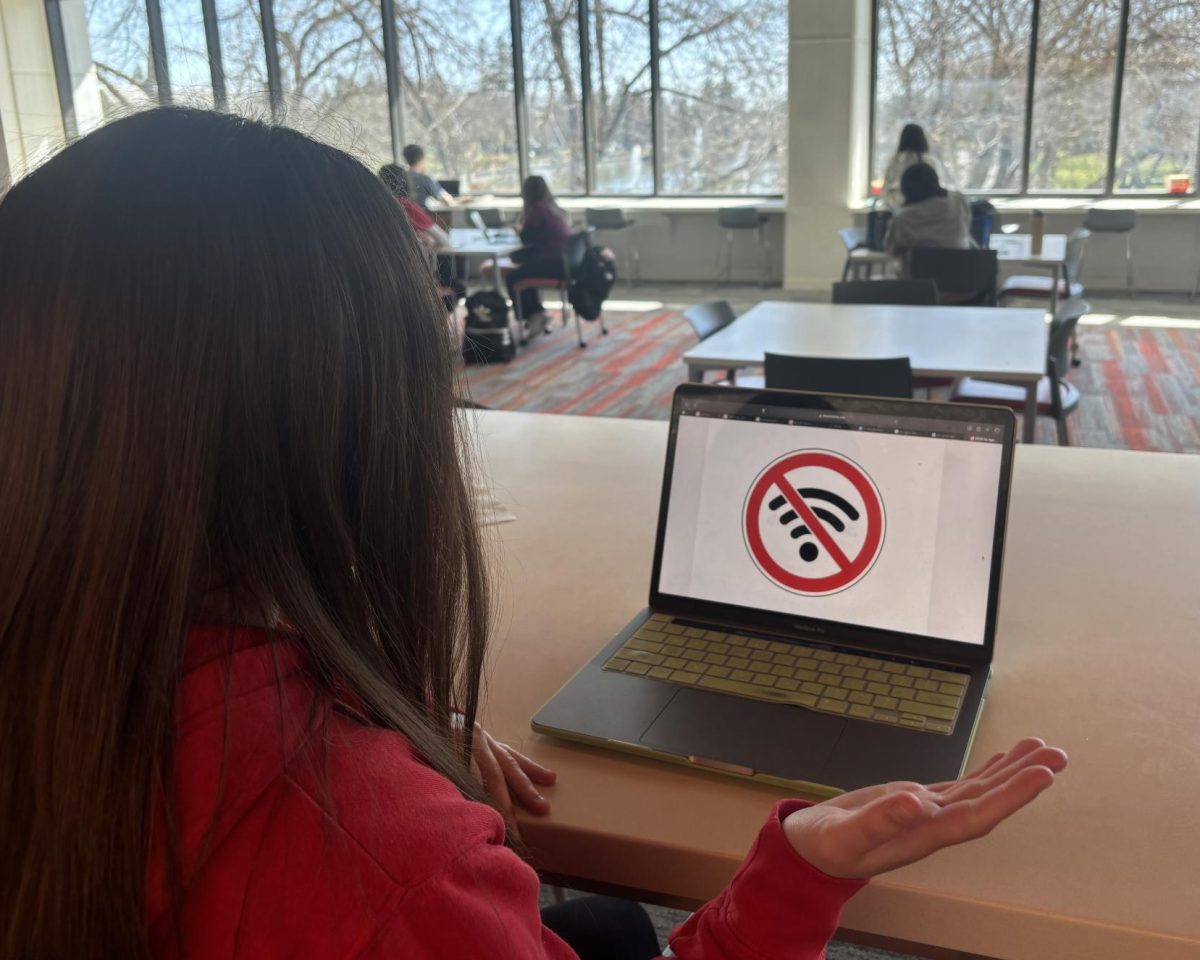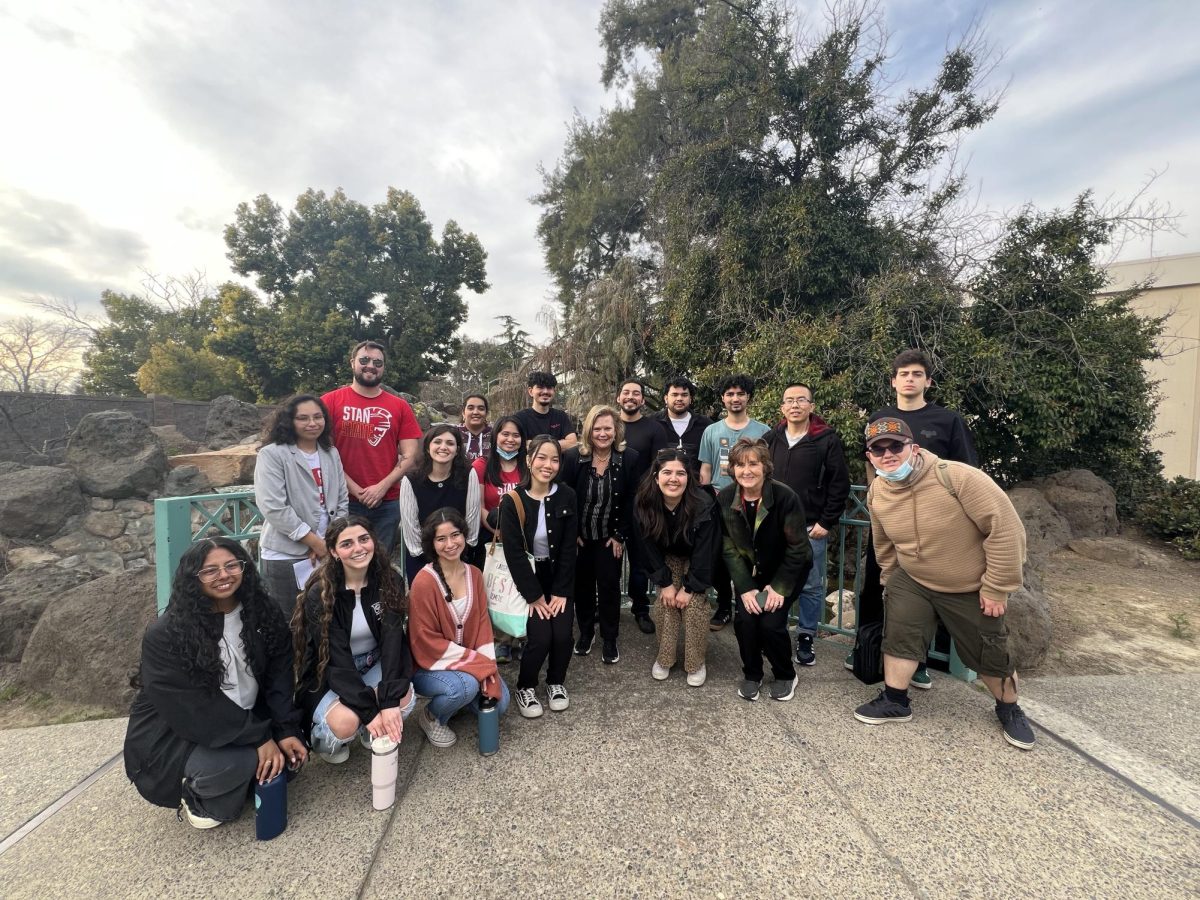More than ever, this year has brought an increased awareness for smaller video games that don’t need to pander to the adolescent boy market or even be “fun” in the traditional sense. Enter “Depression Quest,” a purely textual and auditory interactive fiction game with the goal of nurturing empathy towards sufferers of depression.
There are certain corners of the internet gaming community trying to exclude “Depression Quest” from the conversation by saying it’s not a “real game.” Those are the people I argue need to sit down and play it the most. As emotionally oppressing as it is, it’s a game about understanding, a game about inclusion.
Zoe Quinn, the game’s designer, warns prospective players: “If you are currently suffering from [depression] and are easily triggered, please be aware that this game uses stark depictions of people in very dark places.”
Let me reiterate: “Depression Quest” is not fun. It is oppressive. It is frustrating. As far as living with depression goes, it is spot-on.
What hit me the hardest is the way the game handles everyday choices that shouldn’t be an issue. One scenario is that your girlfriend invites you to a party. You’ve got nothing going on, but you feel “run-down” for some reason.
You first choice is “Shake off your funk and go have a good time with your girlfriend,” but it’s crossed out. You can’t choose it.
That lack of control, the way you as player are hindered by apathy and lethargy with every mundane decision you make, is where the “challenge” and “difficulty” of the game lie.
Playing “Depression Quest,” you want to start therapy, get on medication or ask those around for help, but you’re forced not to make the phone call right away, not to open up to your girlfriend, not to let on that anything is wrong.
Eventually you can find treatment, but the game doesn’t end with you suddenly cured, just a little more equipped to take on this illness you will struggle with every day.
“Depression Quest” can be played at depressionquest.com under a pay-what-you-want model. A portion of the game’s proceeds will be donated to iFred, a charity with the goal of combating depression and, like the game itself, eliminating the social stigma surrounding it.
Categories:
Depression Quest seeks empathy
By Nathan Duckworth
•
April 29, 2013
0
Donate to Signal
Your donation will support the student journalists of California State University, Stanislaus. Your contribution will allow us to purchase equipment and cover our annual website hosting costs.
More to Discover






